The Ultimate Guide to Finding Recycling Centers Near You
The Ultimate Guide to Finding Recycling Centers Near You
In today’s environmentally-conscious world, recycling has emerged not just as a trend but as a necessity. It’s no longer just about reducing waste; it’s about making a tangible impact on the planet. But where does one start? The first step towards a greener planet begins with finding the right recycling center. Whether you’re looking to dispose of electronics, plastic, or hazardous materials, locating a facility that can process these items can sometimes feel like searching for a needle in a haystack. That’s where “The Ultimate Guide to Finding Recycling Centers Near You” comes into play. This invaluable resource is designed to simplify your search, providing you with all the tools, tips, and information needed to find the nearest recycling options. Embark on this crucial eco-friendly quest with us, and discover how easy and fulfilling recycling can be when you know exactly where to go.
Understanding Recycling Centers
Recycling centers are pivotal in the process of converting waste materials into new products, thus reducing the need for virgin materials, conserving natural resources, and minimizing pollution. These centers specialize in the collection, sorting, and processing of recyclables such as paper, glass, plastic, metals, and electronics. Some facilities also handle more complex items like batteries and hazardous household waste, ensuring they are disposed of or recycled in an environmentally safe manner. By understanding the role and functions of recycling centers, you can better appreciate the importance of your contributions to recycling efforts and make more informed decisions about the materials you recycle.
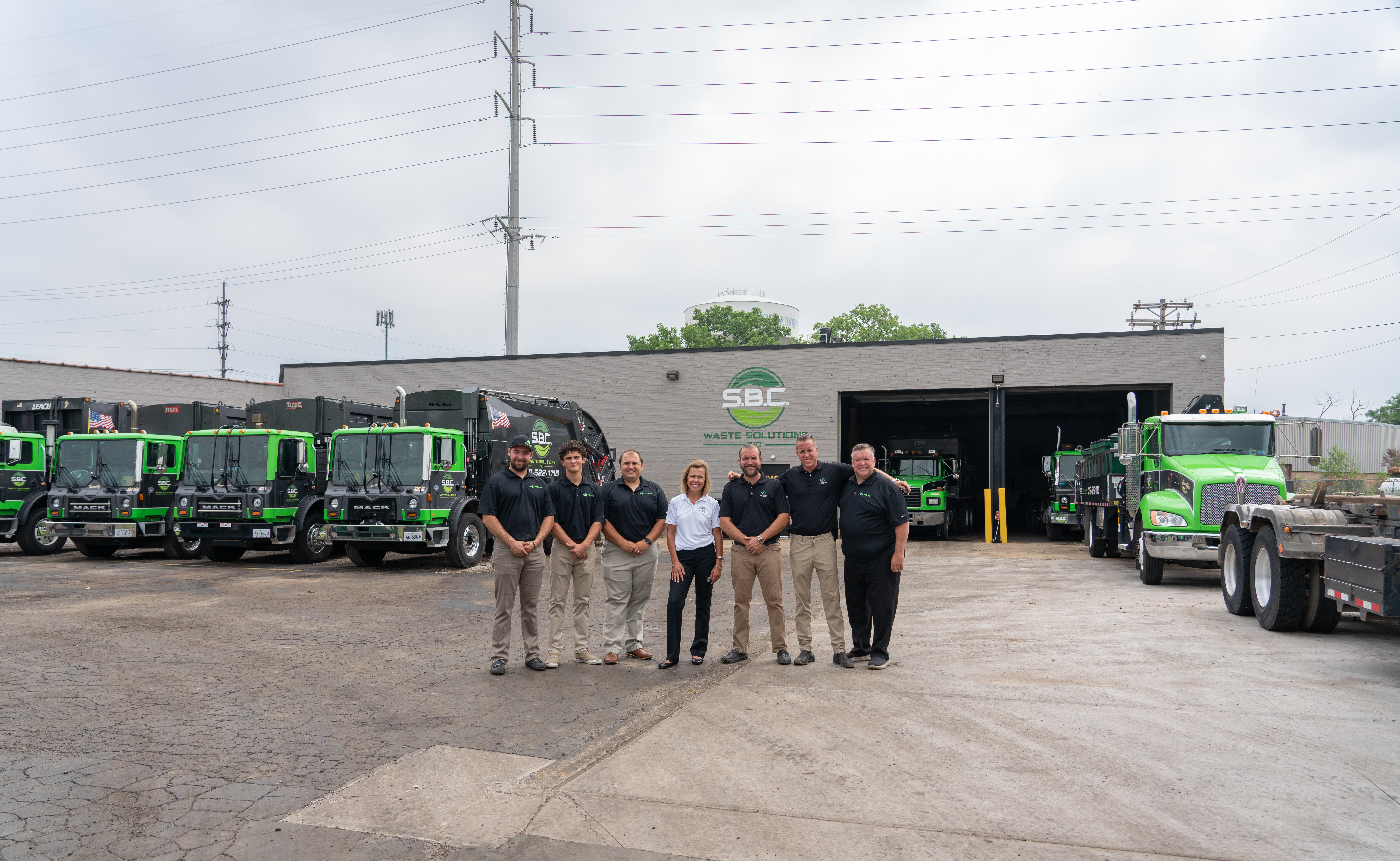
Recycling Center
Why Finding the Right Recycling Center Matters
Identifying the appropriate recycling center is crucial for several reasons. First and foremost, not all centers accept the same types of materials. For example, some facilities may specialize in electronic waste, while others focus on household recyclables like paper and plastic. Selecting the right center ensures that your recyclable materials are processed efficiently and effectively, contributing positively to environmental conservation efforts. Furthermore, properly sorting and sending materials to the correct facility can significantly reduce the risk of contaminating recyclable loads, which can lead to entire batches being sent to landfills instead. Thus, by finding and choosing the right recycling center, each individual plays a vital role in the larger ecosystem of sustainability, helping to close the loop on recyclable materials and supporting a more sustainable future.
Finding Recycling Centers Online
In today’s technologically advanced world, the internet serves as a rich resource list for various inquiries, including the search for local recycling facilities. Numerous digital platforms and sites are at your disposal to assist in pinpointing recycling locations within your vicinity. For instance, city or county official web portals typically feature lists of certified recycling sites alongside the types of recyclables they handle. Furthermore, environmental bodies and non-governmental organizations regularly update online databases. Such databases allow for searches based on zip code or the specific type of recyclable material, facilitating the process of identifying a convenient drop-off spot. Mobile applications and web-based tools further simplify this endeavor, enabling you to discover nearby facilities with just a couple of taps. These platforms provide essential details like business hours, contact means, and the range of accepted items. Leveraging these online aides not only makes the discovery of recycling centers less cumbersome but also empowers you to contribute more effectively and efficiently to recycling efforts.
Maximizing the Benefit of Municipal Recycling Services
Municipal recycling services offer a fantastic opportunity for individuals to contribute to the environment positively. Many local authorities have put in place efficient programs and facilities aimed at making recycling as convenient as possible for residents. These services may include regular curbside recycling collections, events for dropping off recyclable materials, and special days for disposing of hazardous waste. Local municipalities also provide essential information on how to properly separate recyclables, the types of materials accepted, and the preparation of items for recycling. Utilizing these municipal services not only ensures the effective processing of recyclables but also enhances the overall environmental benefit. Additionally, getting involved with these local initiatives can broaden one’s understanding of community-based sustainability efforts and ways to further support environmental conservation aside from recycling.
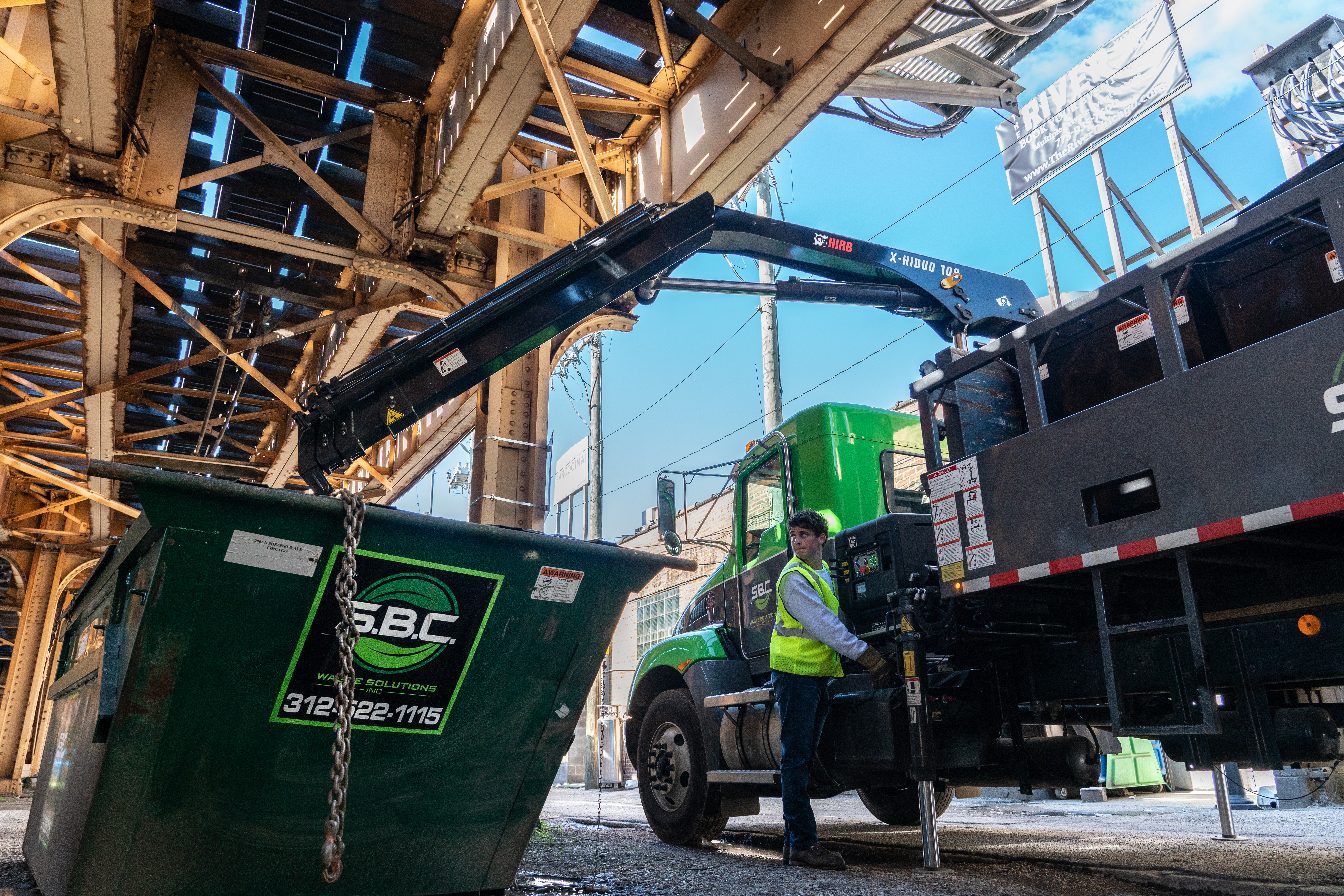
Recycling Services
Networking and Local Insights for Effective Recycling
Exploring beyond digital spaces and official channels, engaging with the community directly, and leveraging word-of-mouth recommendations can be invaluable in uncovering recycling opportunities. Often, communities harbor environmental groups or neighborhood forums dedicated to sharing best practices in sustainability and information about recycling facilities. Integrating oneself into community dynamics through various platforms such as social media networks, public meetings, or local community organizations can reveal insights into not-so-publicized recycling programs or facilities preferred by those in the know. Personal referrals from your circle of friends, family, and neighbors can guide you toward services that stand out for their quality or for handling uncommon recyclable items. Immersing in your community’s eco-conscious initiatives opens up a treasure trove of information and support, enhancing the convenience and effect of your recycling endeavors.
Preparing for a Visit to Recycling Facilities
Ahead of your trip to a recycling facility, it’s crucial to get ready and know what to expect. Many facilities have detailed rules regarding how recyclables need to be organized, cleaned, and submitted. For example, you might need to wash out containers or strip labels from bottles and jars. To streamline your visit, look up the facility’s website or give them a call for exact guidelines. This can help you avoid any delays. Also, keep in mind their hours of operation and if there are any charges or specific rules for certain items. Proper preparation helps ensure a smooth experience at the site and aids in the efficient processing of your recyclables, ultimately supporting environmental protection efforts. The facility staff are there to help with any queries about what items are recyclable or how to recycle them correctly, so feel free to ask them for assistance or advice during your visit.
In conclusion, engaging in effective recycling practices presents a meaningful avenue for individuals to contribute to environmental sustainability. By carefully selecting the right recycling center, leveraging online resources for research, making the most of municipal services, networking for local insights, and preparing adequately for visits to recycling facilities, individuals can substantially enhance the efficiency and impact of their recycling efforts. Each step taken towards thoughtful recycling not only supports the well-being of the planet but also fosters a culture of sustainability within communities. It’s through these collective efforts that significant progress toward environmental conservation and sustainability can be achieved, ensuring a healthier planet for future generations.
https://www.google.com/maps?cid=4180240075447051620

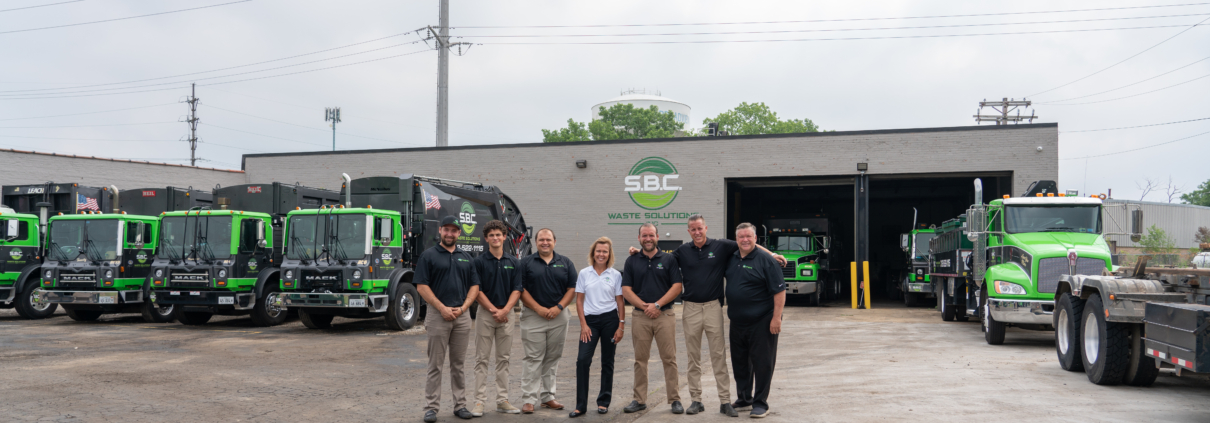
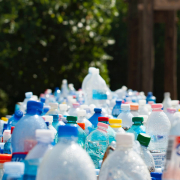
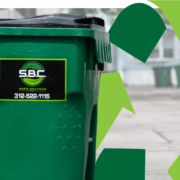
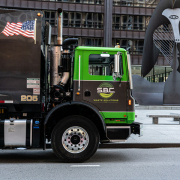
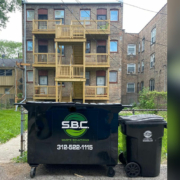

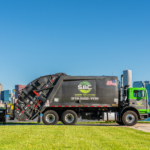
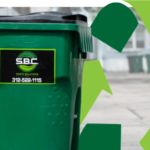
Leave a Reply
Want to join the discussion?Feel free to contribute!